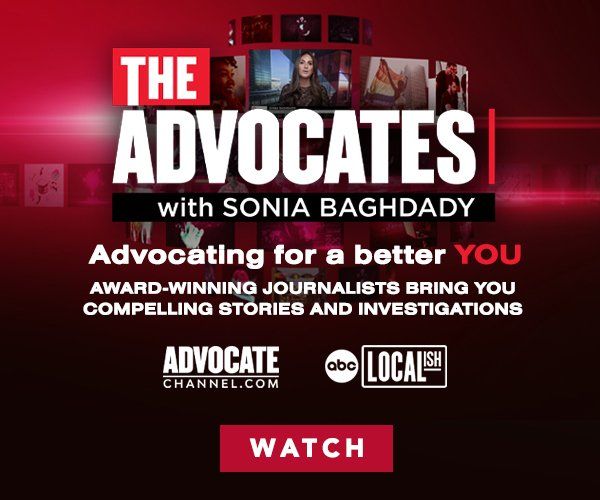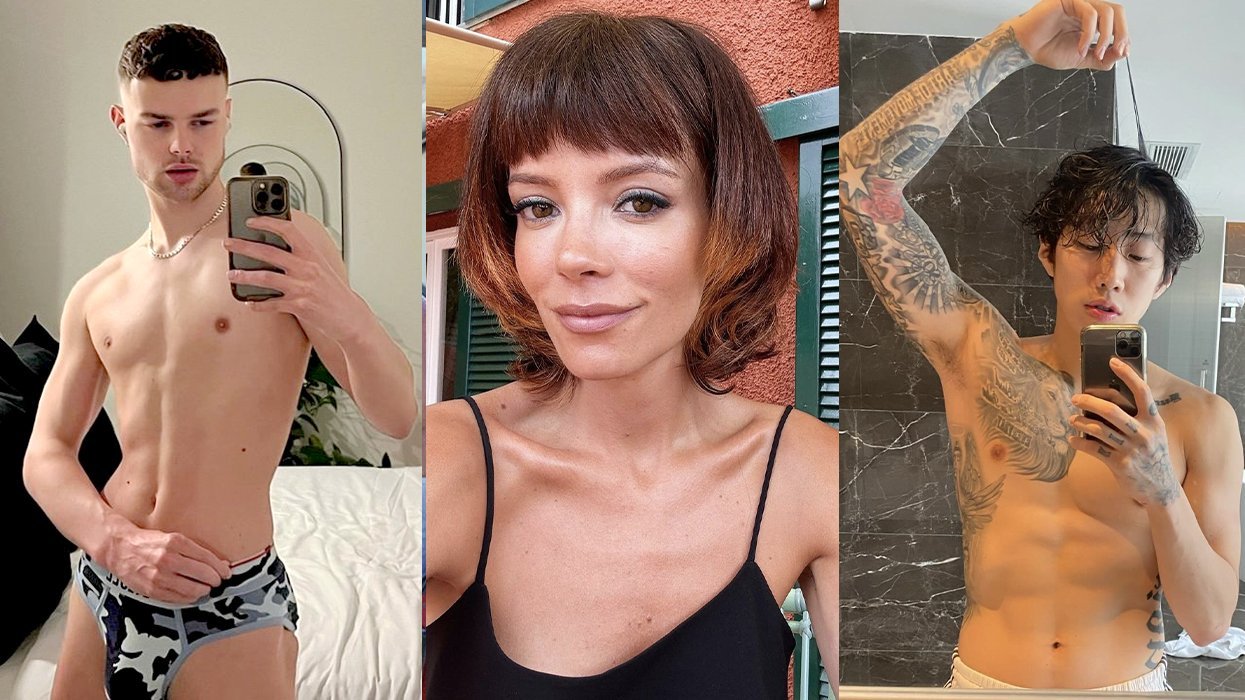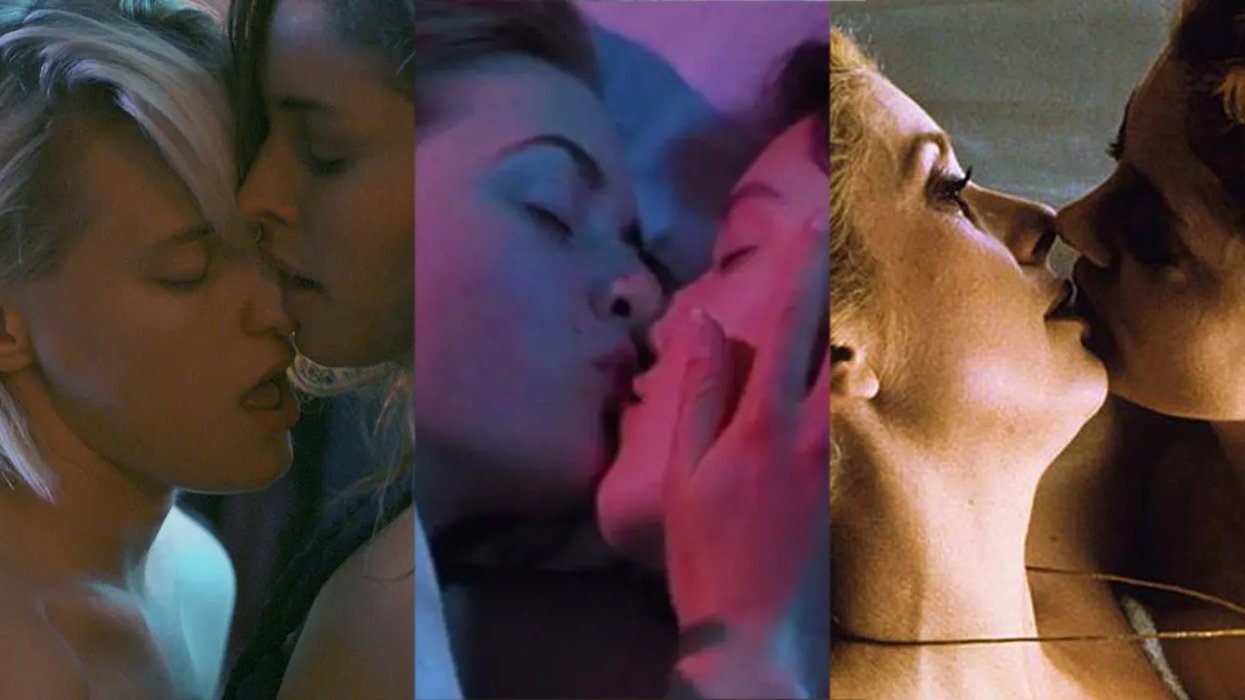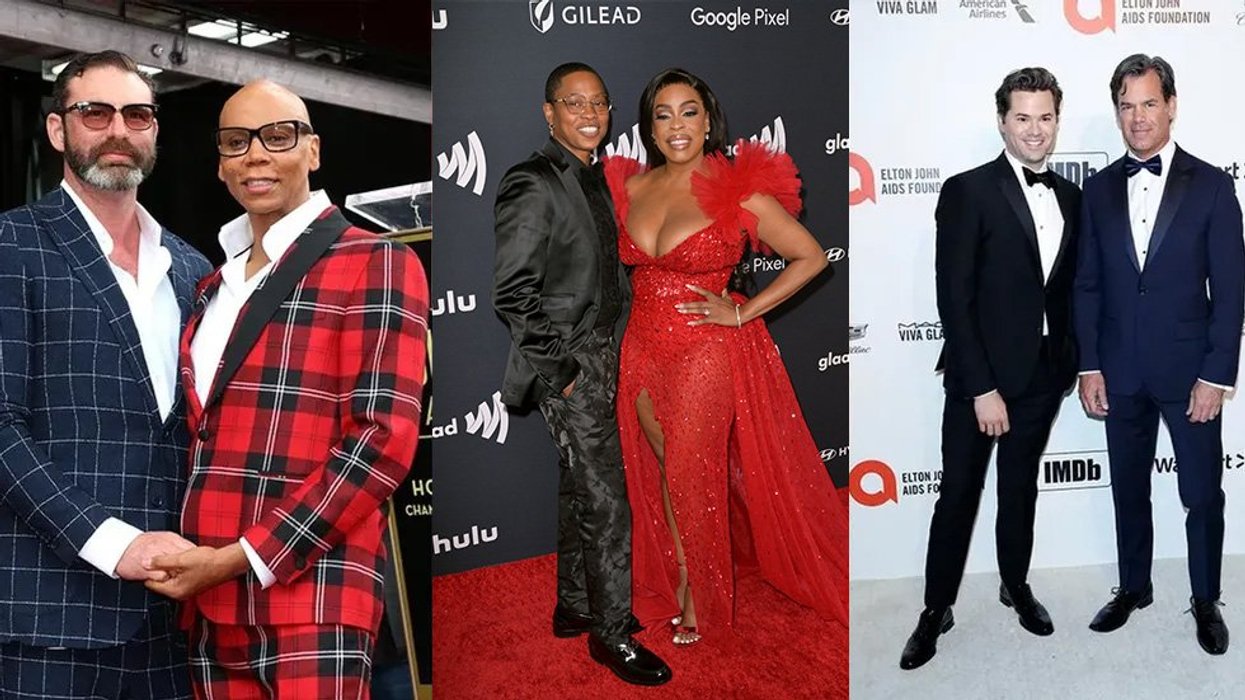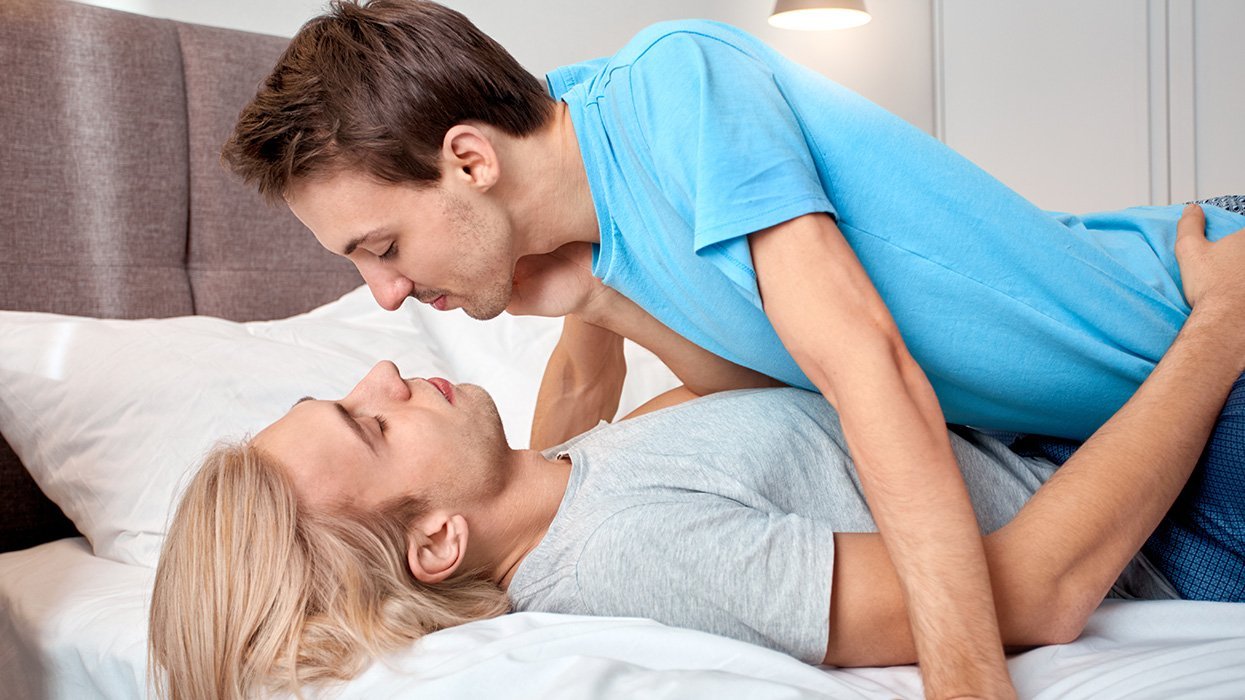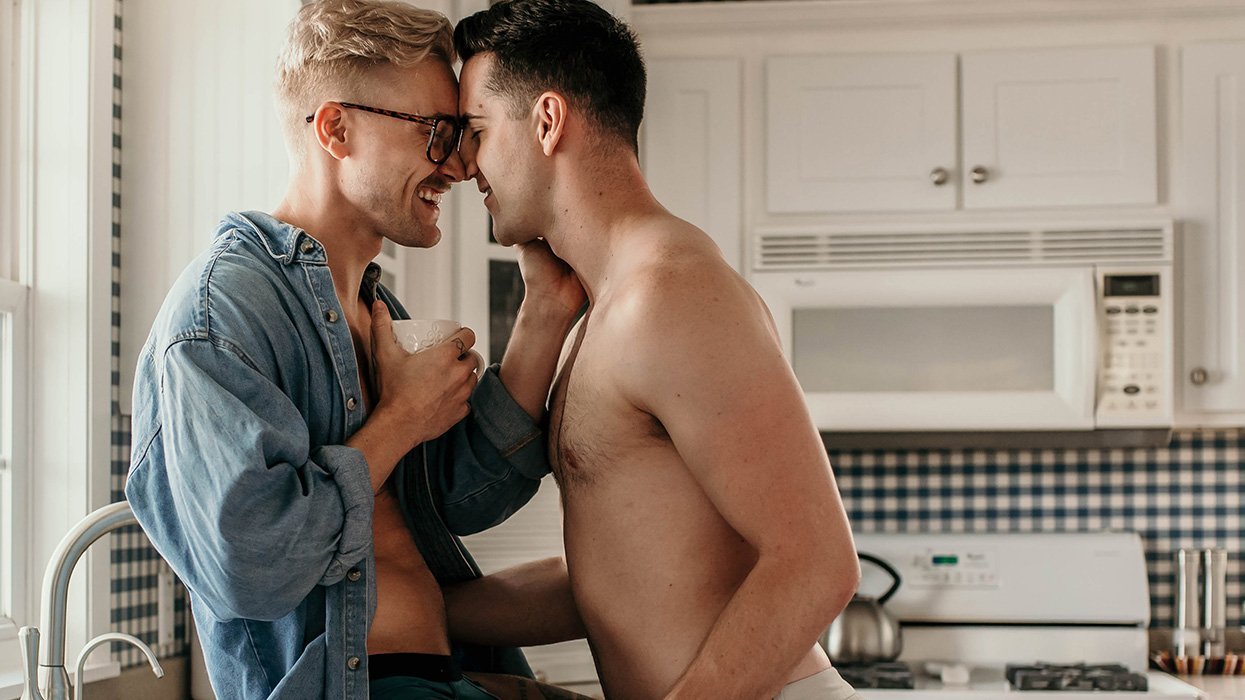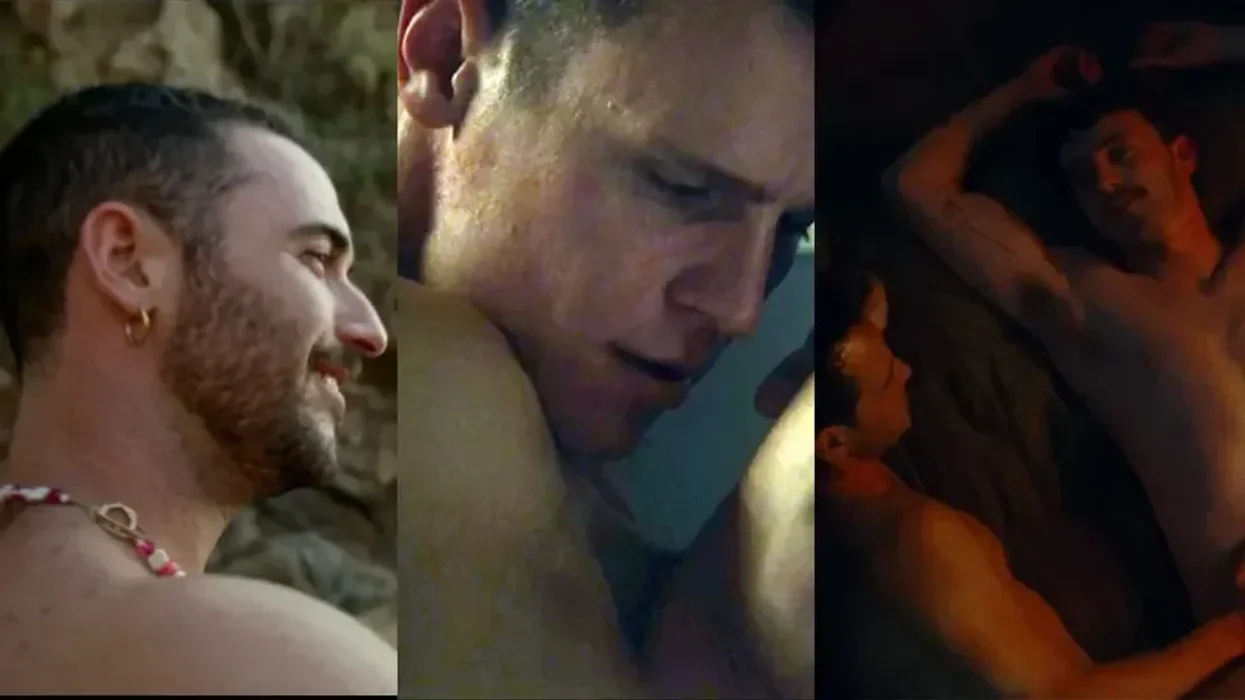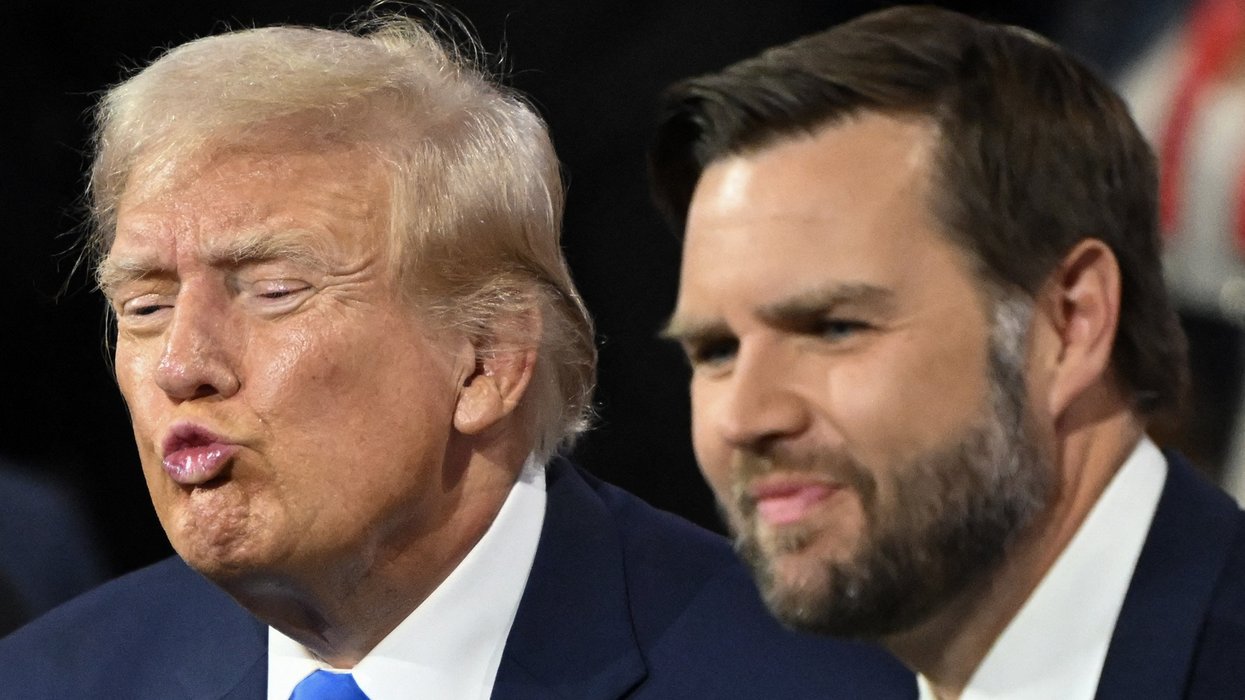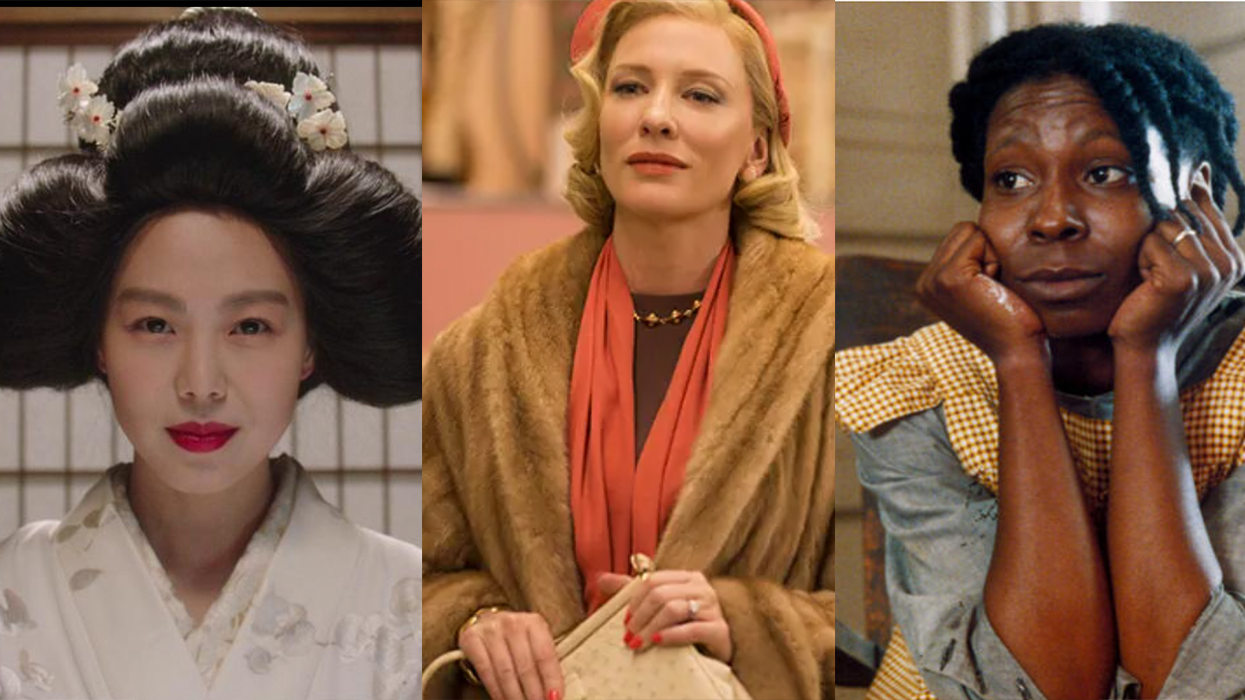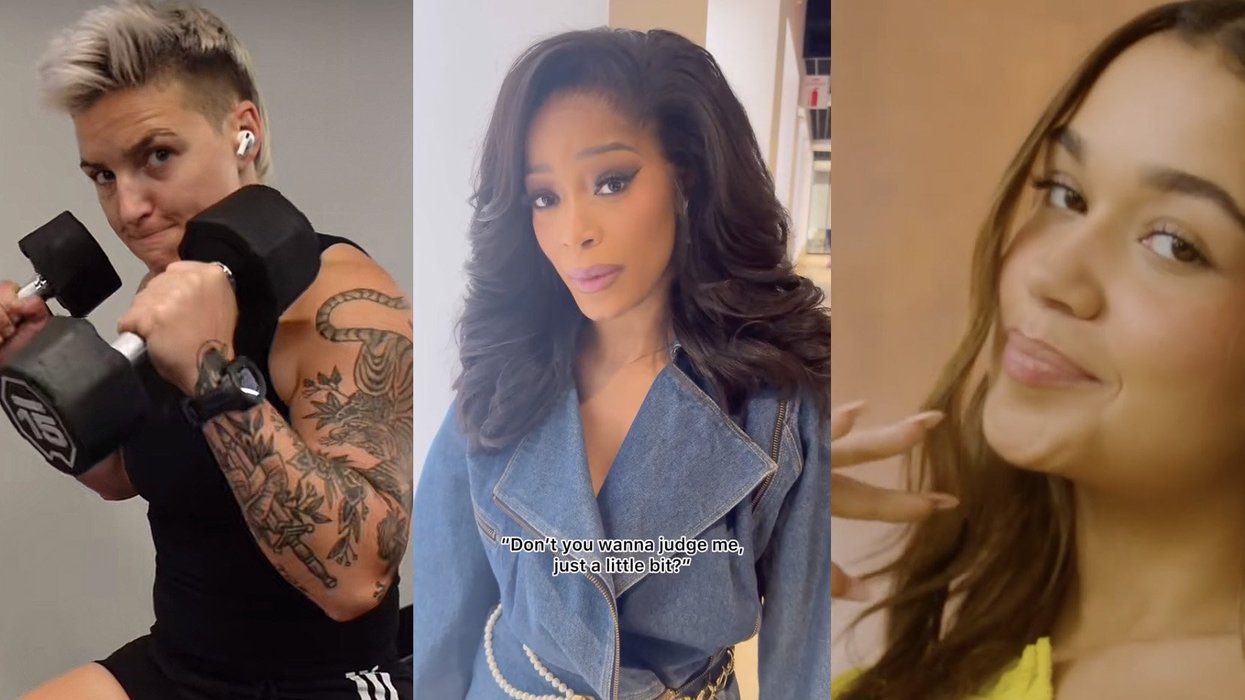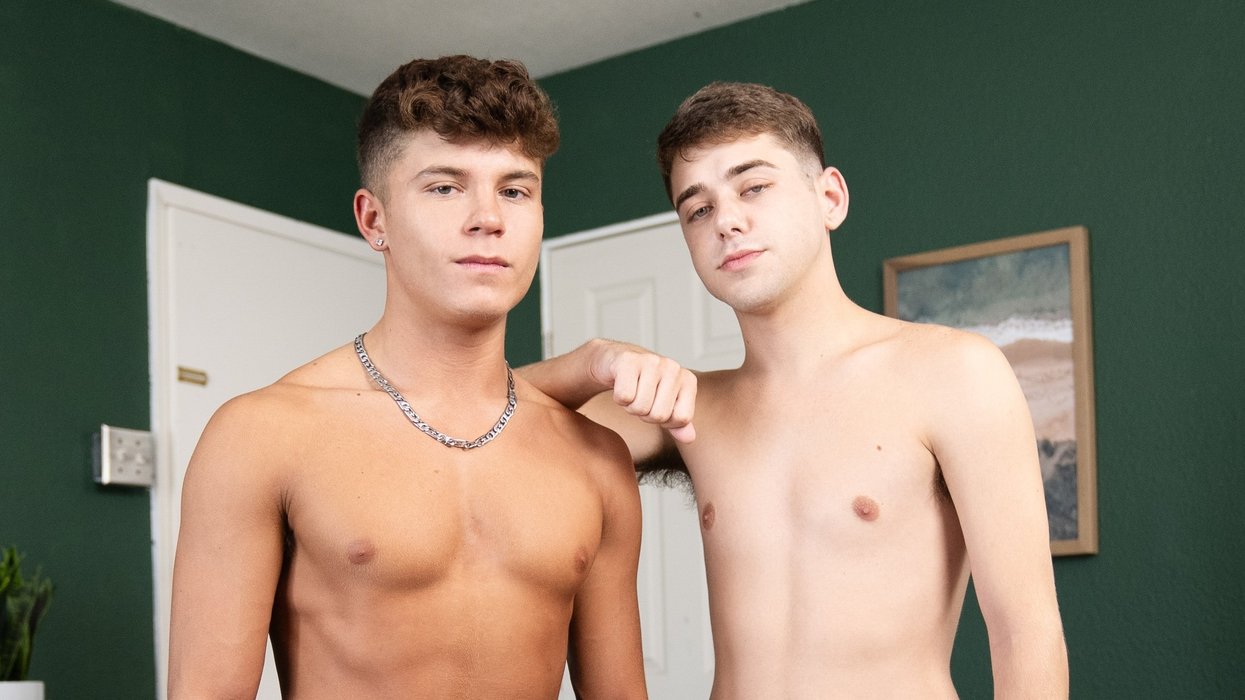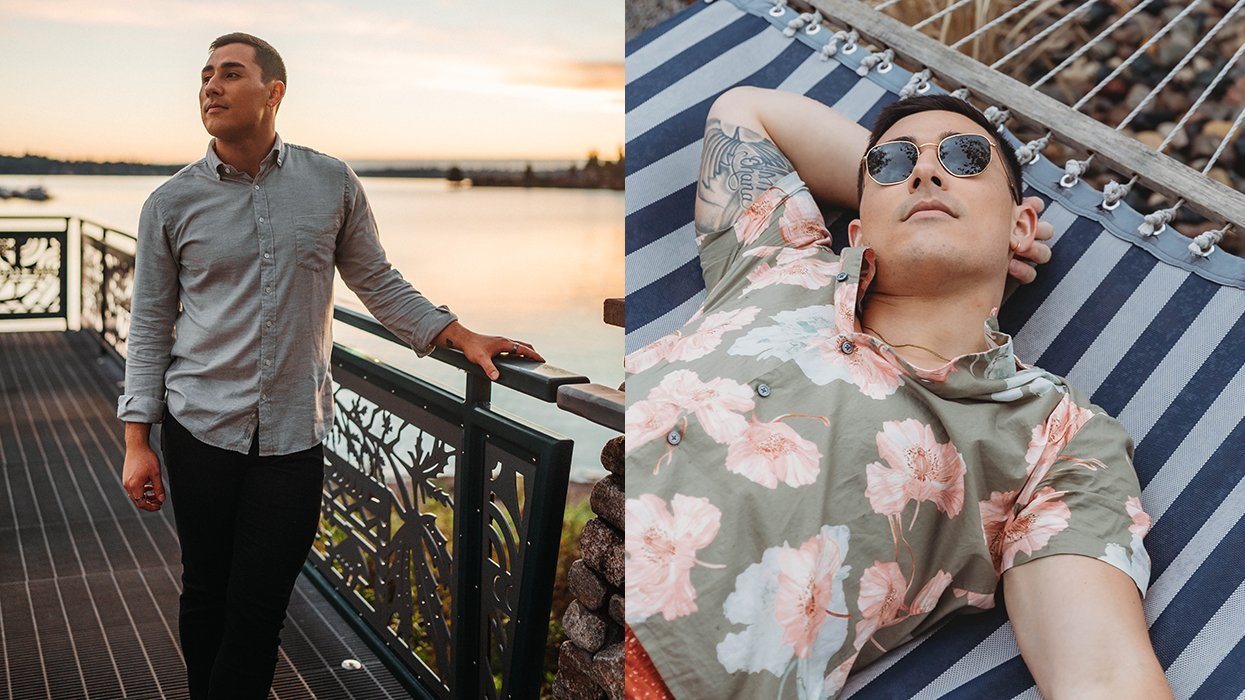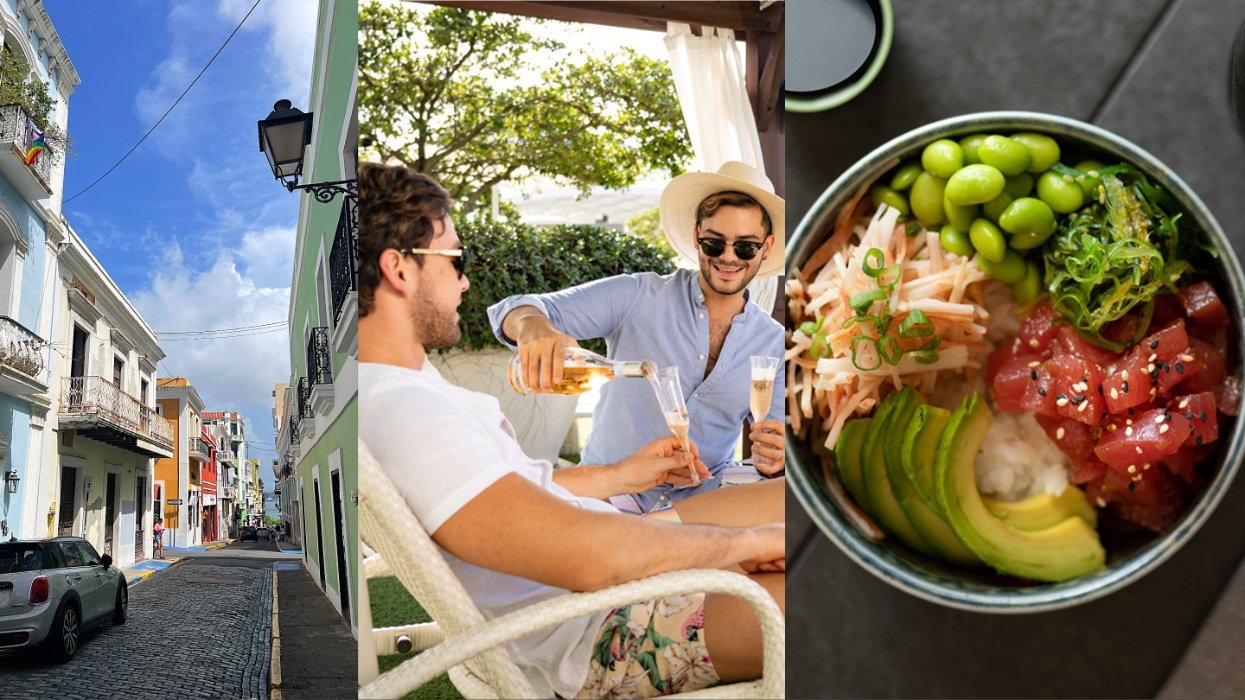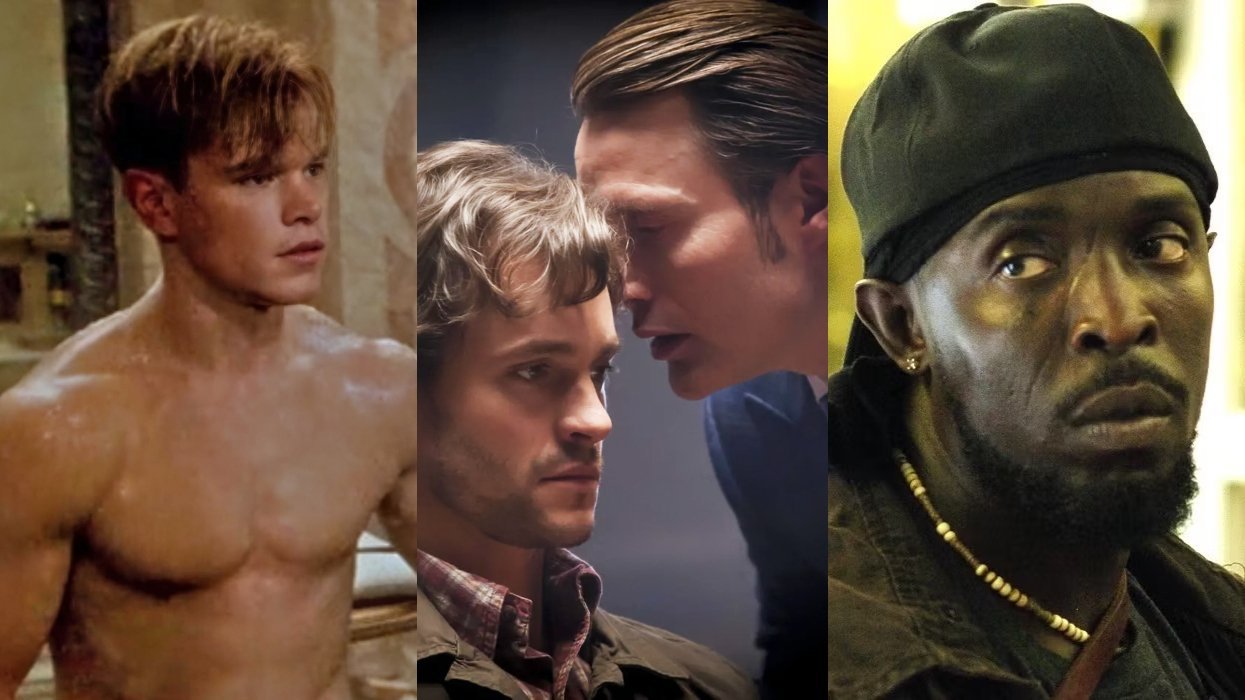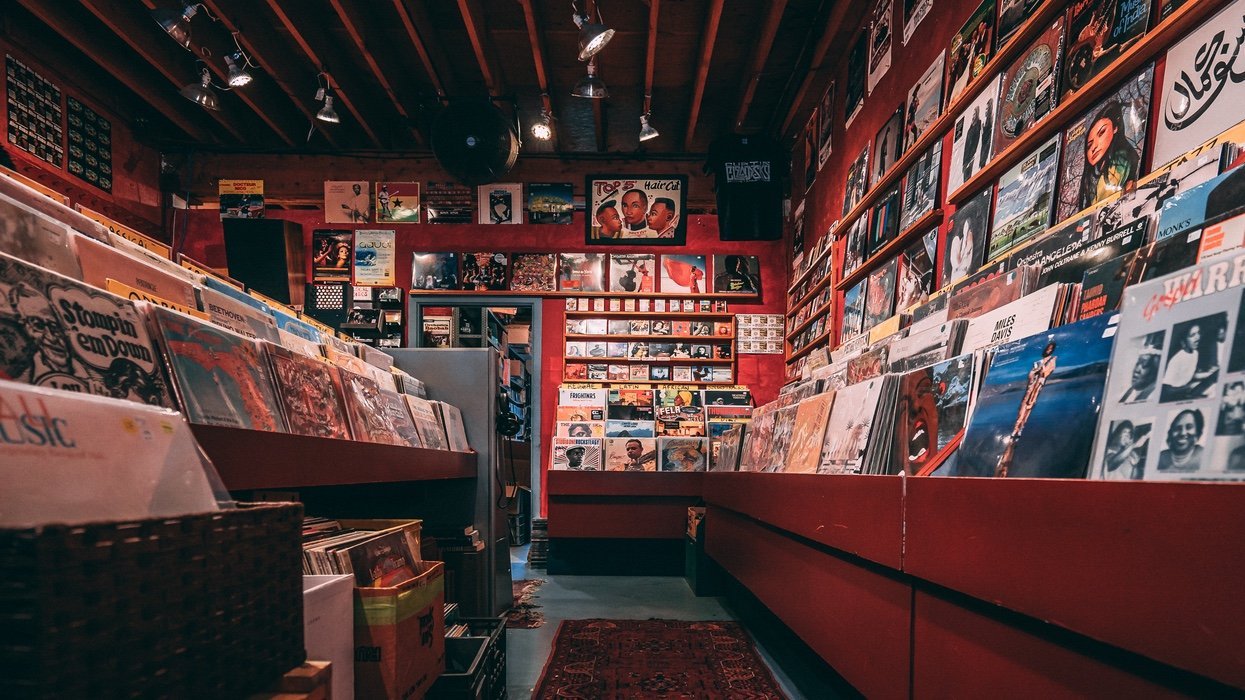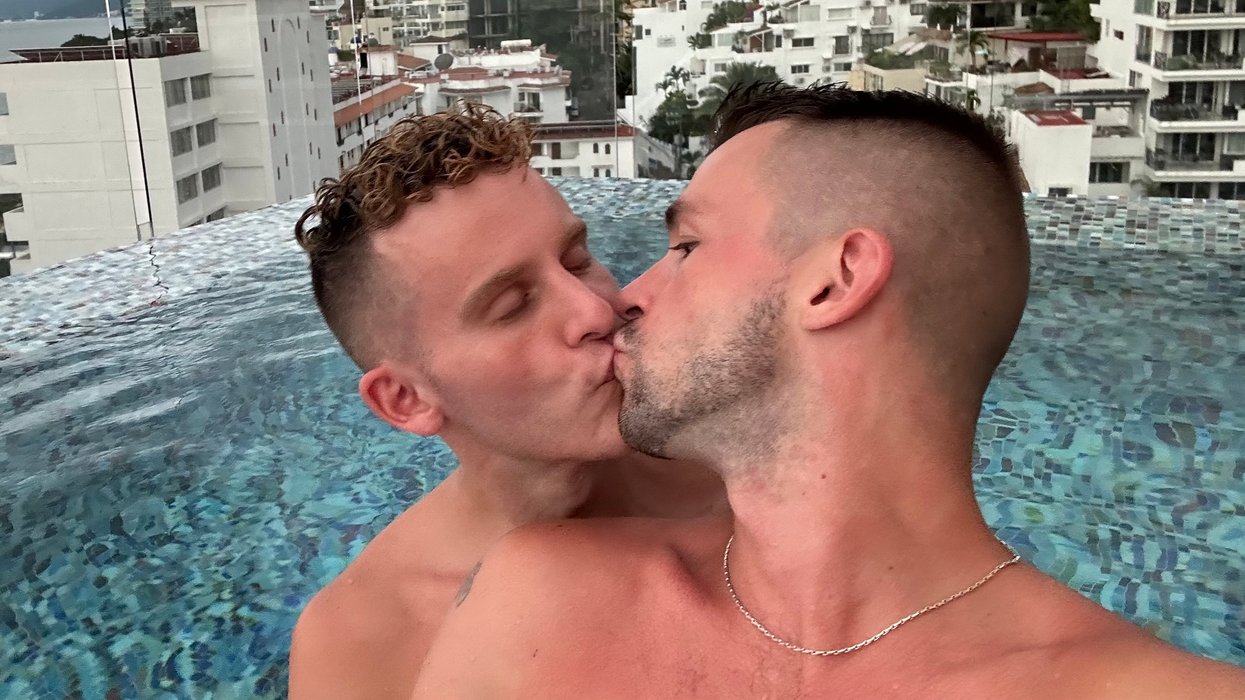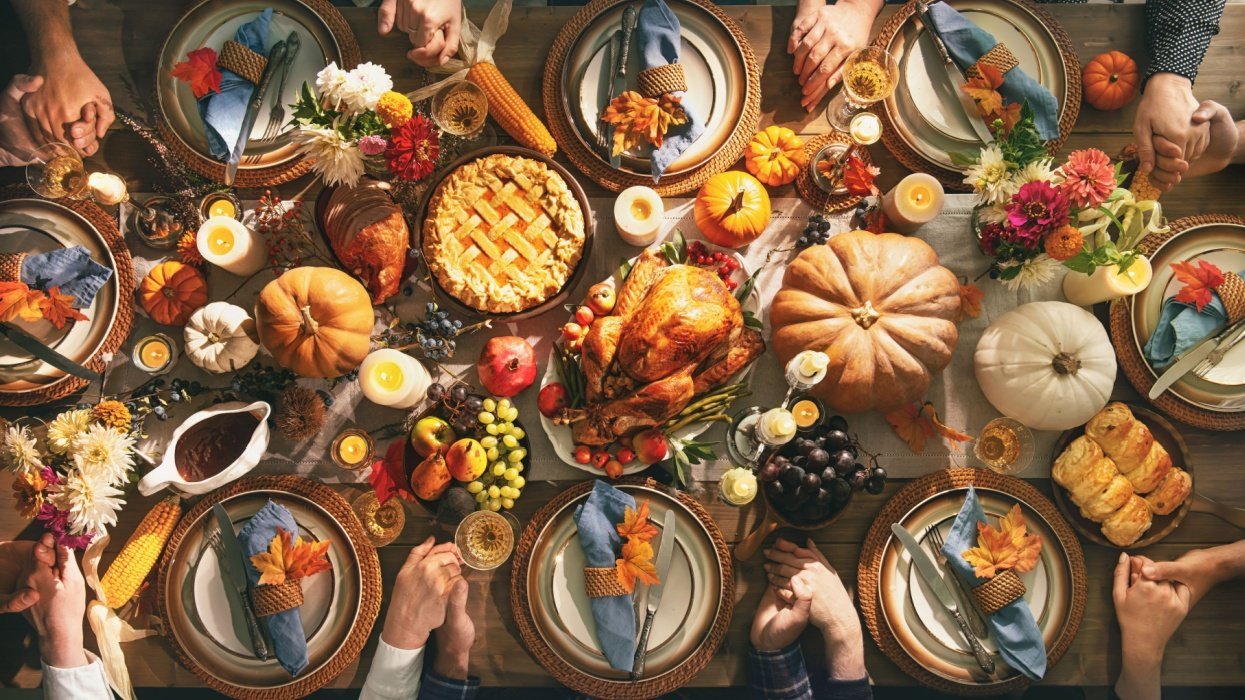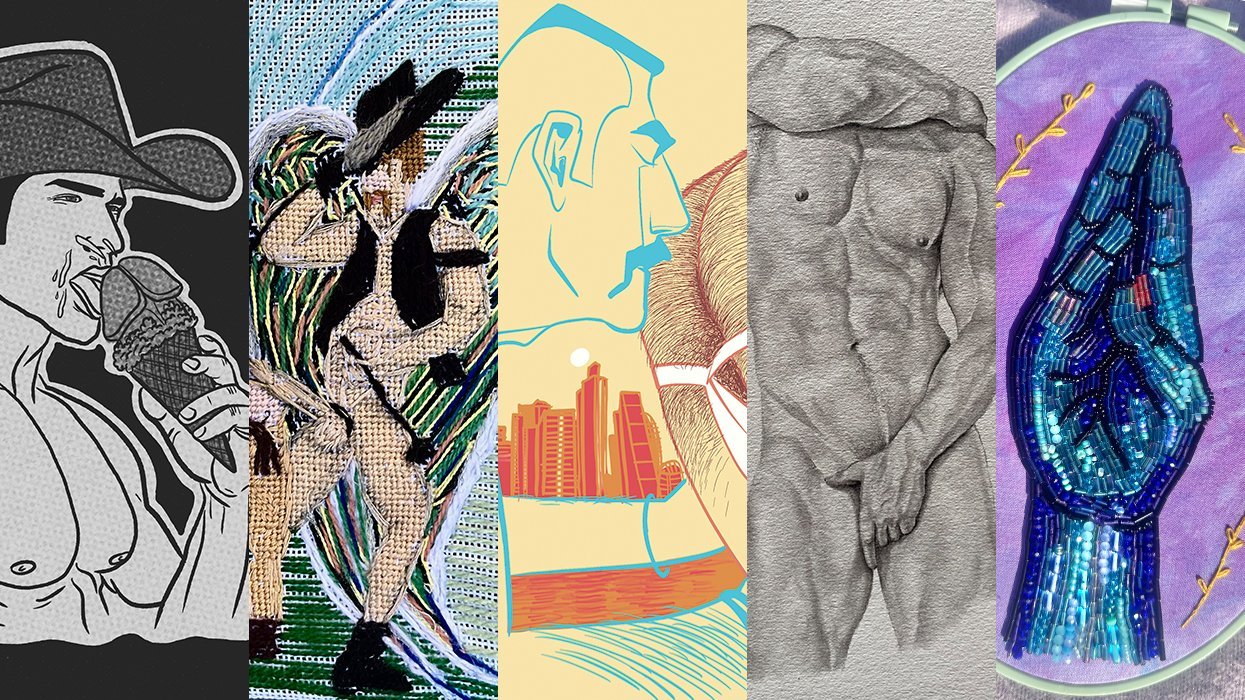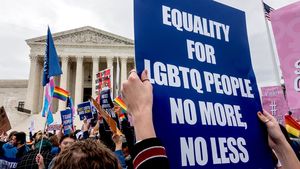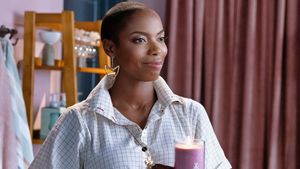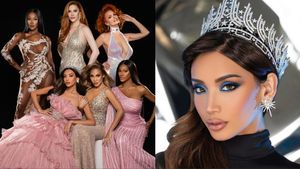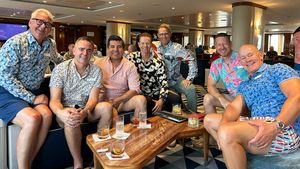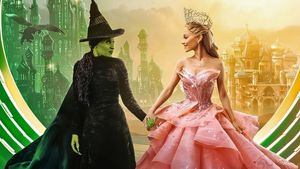I’m not sure what my first tweet was, but they came quickly after that–10, 20, 100, more. I’ve been writing about these issues for years. The thoughts and emotions, facts and history were welling up so fast. Several hundred tweets over the course of a few hours.
About 50 tweets in, other women had responded–first with retweets and favorites, then with their own tweets.
My hashtag had gone viral.
Soon women from all over the world had begun to tweet–first to me using the hashtag, then on their own.
I got tweets from many women–white women, women of color, young women, older women, poor women, middle class women, women in the U.S., U.K. and Australia, women in the Middle East and Africa, all telling me how much my tweets and the hashtag itself had helped them.
I felt pride, solidarity, a sense of shared space and shared experience. All these different women had one unenviable thing in common: We were all born into second-class status because we were female. No matter where we were born in the world–be it Africa, Australia or the Americas, we were all born into discrimination and regret.
The hashtag, #sharedgirlhood, brought us all to the same place: being female always meant being less in the world.
But as quickly as women had embraced #sharedgirlhood, naysayers hjacked the hashtag, sneering at the tweets of pain and suffering. Suddenly #sharedgirlhood was no longer a source of connection and unity, but a source of contention and controversy.
Why had I started it? people tweeted at me. What did you want to accomplish? others demanded.
Then the fatal word was used: exclusionary.
I was stunned. How could a hashtag on Twitter be exclusionary? It’s public space. It’s a verbal subway platform.
But once the word had been floated, it went as viral as the hashtag. Now the hashtag was "ableist" and "classist"–never mind that I am both disabled and poor and had addressed class time and again in my initial tweets. Then it was "Western" and "racist," even though women of color from a range of countries were posting their experiences on it and in my tweets I had talked about child brides and FGM, honor killings and enfibrillation.
My Twitter feed was a portrait in dichotomy: tweet after tweet of support from a vast array of women, including transwomen, saying how important the hashtag was. Then abusive, attacking tweets from people who obviously hadn’t read any of what I’d written, misrepresenting both the tweets and the premise.
Ironically, it turned out I didn’t invent the hashtag (although I obviously thought I had). I would learn several days later that another woman, Smash, had done a series of tweets using that hashtag about a year earlier, before I was on Twitter. I had just, as one woman said to me, supercharged it with hundreds of tweets addressing everything from the first time someone told you girls were less to female illiteracy to acid burnings.
But no one except the group who knew Smash believed or even knew that I hadn’t started it. To the rest of Twitterdom I was either the author or the culprit, and my Mentions reflected those presumptions. Twitter definitely believed me to be the author/culprit. I was suspended for aggressive tweeting twice for the hashtag, which meant people who disagreed with it had spam blocked me.
It doesn’t really matter whether I or Smash originated the hashtag–I was the person who took it viral and I was the person people chose to blame. The question is, why was there even a question of "blame" for what was, after all, an Internet hashtag in which women were writing what we all know to be true: Girls are born into the world–everywhere in the world–second-class citizens. The entire point of #sharedgirlhood was to illumine the myriad ways girls are crushed from birth due to entrenched, institutionalized and nationalized misogyny and discrimination.
But it didn’t end there. Discourse on Twitter between and among different branches of feminism questioned the right of the hashtag to even exist.
Wait–what?
I’ve spent most of my life working for equality in one form or another, be it feminism or LGBT rights or anti-racism efforts. The past decade I’ve focused on the trafficking of women and girls on a global scale. In my own city, Philadelphia, I’ve worked on issues of poverty and race and where they intersect, co-founding a mentoring program for middle-school inner city youth called KITH (Kids in the Hood).
As a lesbian, the lack of anti-discrimination legislation in my state (Pennsylvania) has been a constant source of concern and outrage. On Dec. 18 Gov. Corbett announced he would finally sign such legislation, but bills have been presented for nearly 20 years. PA also remains the only state in the Northeast that has no marriage equality or even civil unions.
As a lesbian it’s difficult not to feel the scourge of marginalization and discrimination at every turn. One doesn’t have to look for it–it’s daily. For me and my partner it costs us in money, in energy, in what we can expect for our future together.
In addition to my journalism, I address issues of being lesbian, female and marginalized on social media. I’m a deeply political person and Twitter is an immediate platform for political discourse.
So the silencing of the hashtag, the schism that began to widen between and among liberal straight feminists, lesbians feminists and radical feminists was incredibly disturbing to me. I’m used to the threats of rape and assault by men on Twitter. But what made some women think it was okay to silence other women talking about their own experience?
These tweets were directed outward, much like those shared on @EverydaySexism: women venting their experiences, all of them painful, all of them lasting from that #sharedgirlhood to now–now being college-age for some, elderly for others and the full range of age in-between.
When did it become politically incorrect for women to talk about an experience only women have had: being born and growing up female.
The argument that #sharedgirlhood was exclusionary was a canard. Anyone could post and did. In addition to the actual #sharedgirlhood experience tweets from women there were ugly posts from men and even uglier posts from...other women.
There was a lot of sneering about "victimhood."
But the reality is, women have been victims and most still are. There is not a single place on earth where girls are not born into second-class status. Rape is still the most common violent crime in the U.S. and around the world.
That doesn’t mean no one else is marginalized, it just means that 3.2 billion women and girls are living a completely different life from birth than those born male.
That reality also doesn’t mean that some women aren’t born into more oppression than others. Obviously many are. Girls born in America won’t face the fear of being sold by their fathers as child brides as they are in Yemen and Brazil and Nigeria, the top countries for child brides.
Likewise most European women didn’t face the looming specters of FGM or enfibrillation before they were teens.
But a billion girls or more were raised in a society–a global society–that says we are less than boys. Because even if our individual families didn’t say so, the rest of society did. In myriad countries girls are sex-selected out before birth, as New York Timescolumnist Nicholas Kristof has charted, calling it the millions of disappeared girls in his book Half the Sky.
These are the facts of being born female. They don’t negate other strictures of race and class. They don’t negate the problems of being transgender. (Transmen all grew up with this ugly reality and some have spoken eloquently about how much less repressive their lives as men have been as opposed to their lives as girls.)
So why aren’t women allowed to speak out about their lives? Like it or not, #sharedgirlhood is a reality for 3.2 billion women. While we don’t all share the same things, we do all share the discrimination that comes with the two X chromosomes, we do all share growing up being told we were less, that we could do this or have that because it was for boys. We all grew up in that sea of pink that is the girl’s toy aisle. We all grew up with the unrealistic expectations of beauty and the diminished expectations of brains.
Dismissing the victimization of girls and women as "victimhood" implies being victimized is minor when what happens to women and girls is criminal. This schism over whether or not we can voice our victimization is silencing.
Men want women to fight amongst themselves. It maintains the balance of power in their favor. It’s how we are controlled. Men want women to trust them and distrust each other and I saw that dynamic unfold over the last week on Twitter.
It isolates and weakens women as a group and as individuals.
minor. What happens to women & girls is criminal. Here's what some followers had to say about the hashtag.
These tweets are from young women of color, a white woman and a transwoman, but the point is clear: the voice was needed, the space was needed.
In this so-called post-feminist world, we are nowhere near post-feminism. We are still grasping for equality, women still make so much less than men, there are still glass ceilings, sex-selection abortion to abort female fetuses is still such a thing that the sex ratios in some countries are now wildly disproportionate. Rape and domestic violence are pandemic.
Agree or disagree with the concept of #sharedgirlhood. Post or don’t post. But don’t silence. Don’t make it about you instead of about the many women desperate for that space to write out their pain. So many women revealed their teenage abortions, their childhood experiences of incest or rape, their fathers telling them, "I wish I’d had a son," the silencing as girls.
That pain is real. We own it. We should be allowed to voice it. There has to be a space for women to be themselves, where they don’t have to whisper in secret about their lives as if it were the Middle Ages.
#sharedgirlhood is real. If it weren’t, we wouldn’t have needed hashtag to express to strangers what we couldn’t tell the people we know. But 21st century or not, what women have to say about their lives as girls is still so volatile, even women want to shut the speakers up.
That, more than anything, says #sharedgirlhood is a pain we each hold within us and if we don’t speak our truth, we may lose our voice entirely.
As I tweeted on Dec. 18, just before I had to protect my account due to abuse: "Where do women go to whisper to each other about our lives, in secret, where we won't be discovered, since our lives are suspect & not our own? [18 Dec 13 8:57am]
Victoria A. Brownworth is an award-winning journalist, editor and writer. She has won the NLGJA and the Society of Professional Journalists awards, the Lambda Literary Award and has been nominated for the Pulitzer Prize. She is a regular contributor to The Advocate and SheWired, a blogger for Huffington Post and an contributing editor forCurve magazine and Lambda Literary Review. Her novella, Ordinary Mayhem, won Honorable Mention in Best Horror 2012. Her collection of vampire stories, Night Bites, has been published in several languages. Her novel, After It Happened will be published in fall 2014. @VABVOX










































